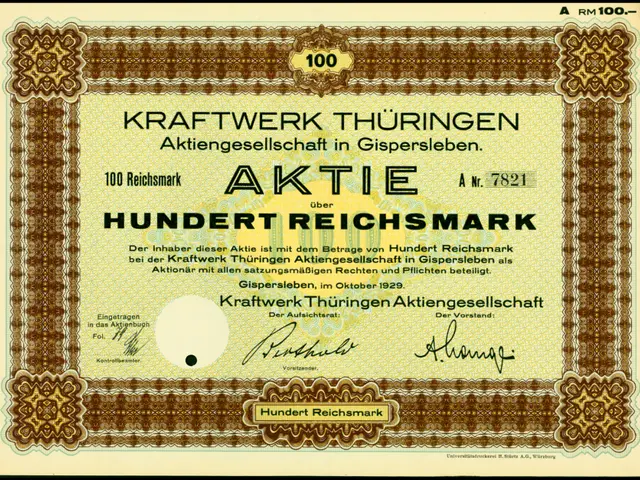"BYD's workers in China barely get a day off for every 14 days of labor"
The Lowdown: Chinese Automakers set their Sights on Europe
Why's this relevant? Chinese automakers, such as electric vehicle pioneer BYD, are making a play for the European market. Their affordability edge, in part due to lower labor costs compared to Western competitors, is attracting attention.
Here's a peek behind the scenes at BYD's Wuwei electric vehicle factory in China. Workers allegedly pull 14-day shifts, as per a WeChat message from a BYD supervisor: "To all. In June, we work 14 days, 1 day off." Chinese workers, on average, earn less compared to their Western counterparts for these extended hours.
Annual BYD Worker Salary
It's not a lucrative gig. Workers at the Wuwei plant take home an annual salary of 72,000 RMB, about 8,800 EUR, which is below average for China. To put things in perspective, average monthly wages in China were 1,430 USD or around 1,200 EUR in 2023. On the other hand, a production worker at Volkswagen in Germany takes home around 53,000 EUR annually, six times more than a BYD employee.
Taking a Holistic Look
Working Conditions in China
China's manufacturing sector, including BYD, often faces scrutiny for labor practices and working conditions. While BYD has made strides in the electric vehicle market, there are concerns about worker safety and rights in some Chinese industries. Labor costs in China are significantly lower compared to Western nations, like the US and Europe.
Working Conditions in Germany
Labor costs in Germany are substantially higher, affecting the overall cost structure of companies operating there. Germany is renowned for its stringent labor laws and better working conditions. Employees enjoy better working hours, safety standards, and social benefits compared to Chinese workers.
Wage Comparisons
Although BYD workers in China may earn lower wages, workers in Germany generally take home much higher pay, due to higher labor costs and stricter labor laws. BYD's foray into Hungary, where labor costs are 30% lower than in Germany, shows an attempt to balance cost savings with market proximity in Europe.
Challenges and Considerations
Companies like BYD face legal and reputational hazards when scaling globally. The labor lawsuit in Brazil serves as a case in point. Maintaining profitability in a competitive market with lower labor costs but intense pricing pressure is another challenge.
The Final Word
BYD offers a glimpse into the global expansion strategies of Chinese automakers. Although workers in China may endure less favorable working conditions and lower wages compared to their counterparts in Germany, striking a cost-benefit balance is key to maintaining competitiveness. By setting up operations in countries like Hungary, these companies aim to balance cost savings with market accessibility. However, addressing global compliance and labor issues will continue to pose significant challenges for companies operating in diverse regulatory environments.
- In an effort to expand beyond China, BYD, a leader in the electric vehicle industry, is aiming to penetrate the aerospace, finance, and business sectors, leveraging their cost advantages in labor to maintain competitiveness.
- As compared to workers in Germany, who earn substantially higher salaries due to stricter labor laws and higher labor costs, BYD employees in China, despite their lower wages, are crucial to the company's strategy of Balancing cost savings with market accessibility in diverse industries such as aerospace, finance, and business.







